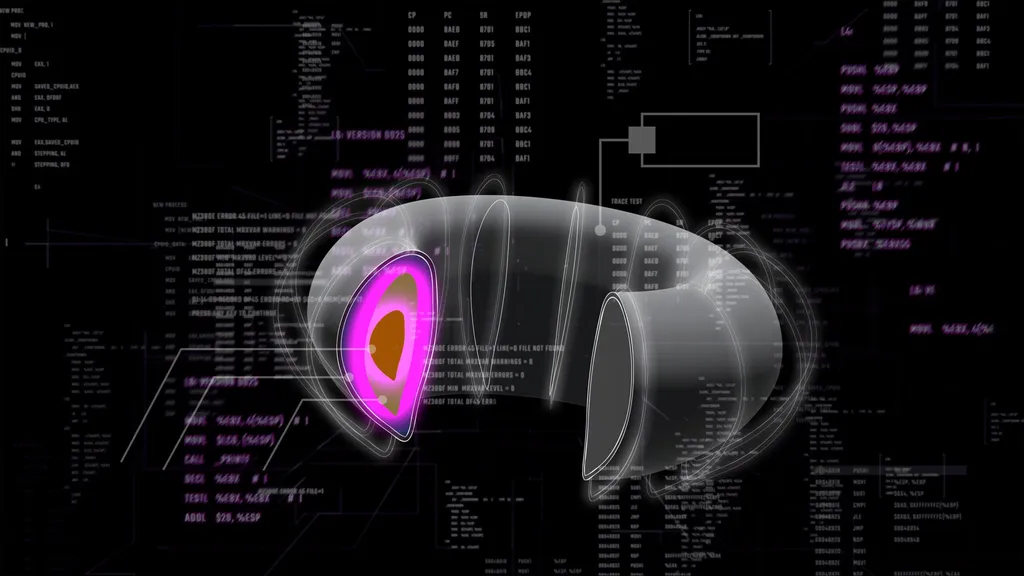Researchers from the Princeton Plasma Physics Laboratory, including A. Rothstein, K. Erickson, R. Conlin, A. Bortolon, and E. Kolemen, have developed a new tool to enhance the real-time control of plasma in fusion reactors. Their work, published in the journal Fusion Engineering and Design, focuses on optimizing physics codes that are vital for the operation of future fusion power plants.
The team created a real-time safe multi-threading library for the DIII-D plasma control system. This library is designed to optimize two critical physics codes: real-time TORBEAM and real-time STRIDE. These codes are essential for understanding electron cyclotron wave propagation and heating, as well as determining plasma stability limits. The real-time TORBEAM code executed consistently in under 20 milliseconds, while the real-time STRIDE code computes in 100 milliseconds.
The multi-threading library developed in this research can be applied to other real-time physics-based codes, making it a valuable tool for the next generation of fusion devices. This advancement is particularly important for the energy sector as it paves the way for more efficient and safer operation of fusion power plants, which could provide a clean and virtually limitless source of energy.
The practical applications of this research are significant. By improving the real-time control of plasma, fusion reactors can operate more efficiently and safely. This could lead to more stable and predictable energy output, which is crucial for integrating fusion power into the broader energy grid. Additionally, the multi-threading library can be adapted for use in other real-time physics-based codes, broadening its impact across the energy sector.
In summary, the development of a real-time safe multi-threading library represents a significant step forward in the control of plasma in fusion reactors. This research not only optimizes existing physics codes but also provides a framework for enhancing other real-time codes, ultimately contributing to the advancement of fusion energy technology.
This article is based on research available at arXiv.

